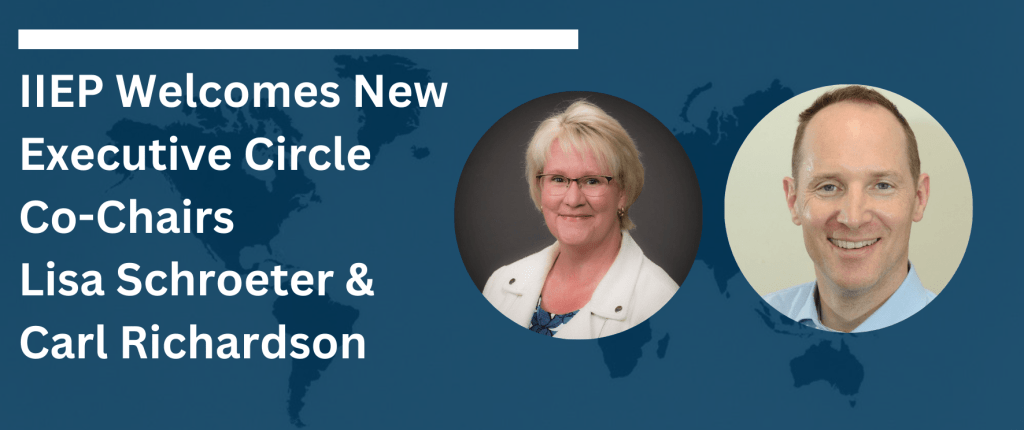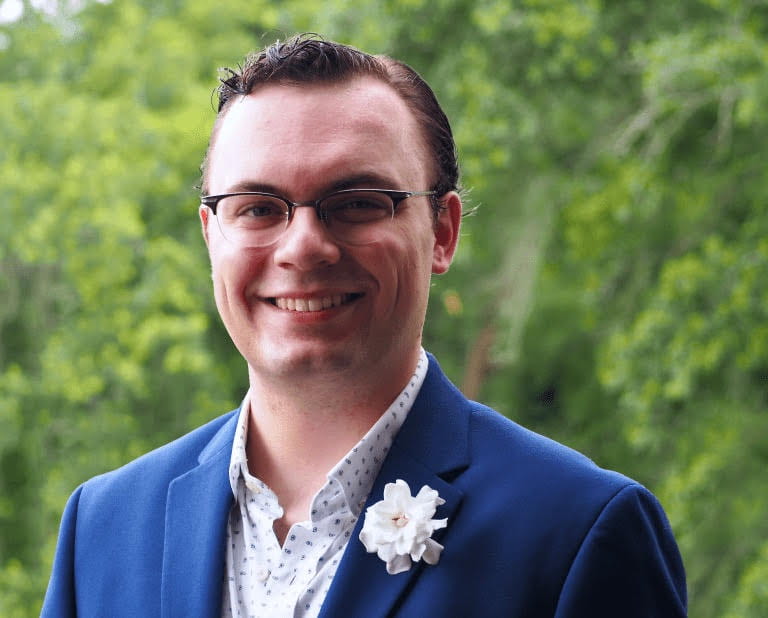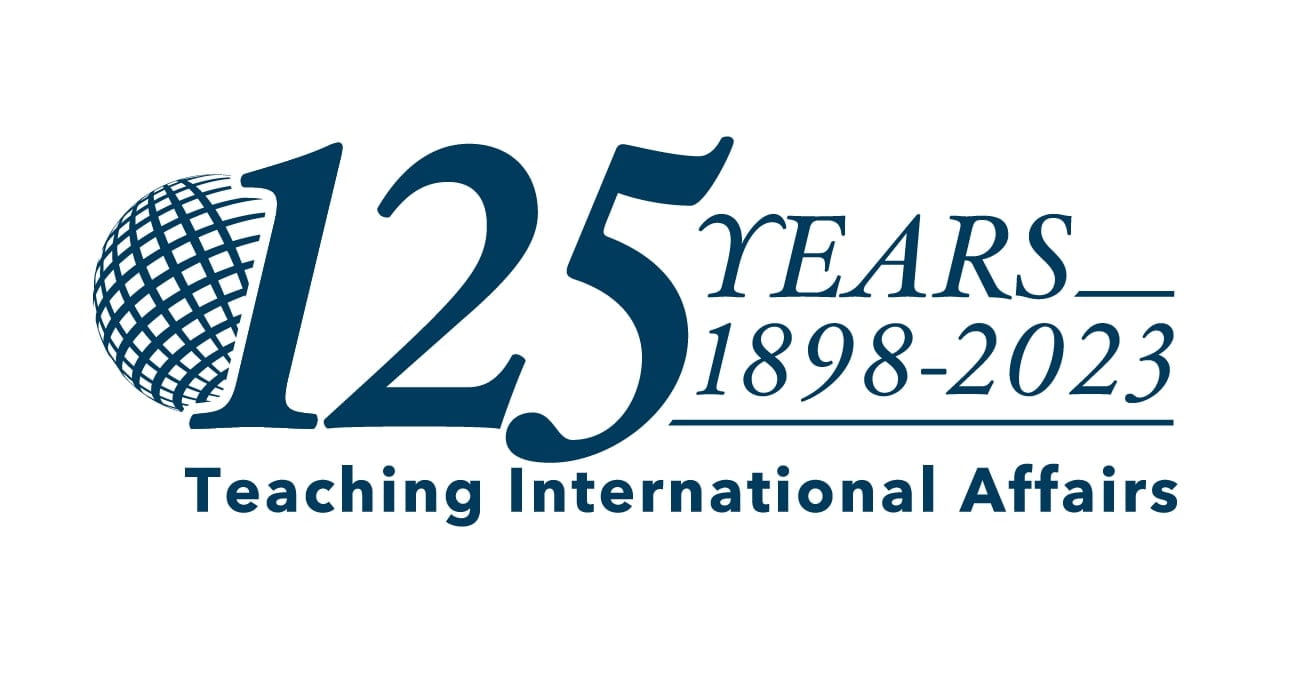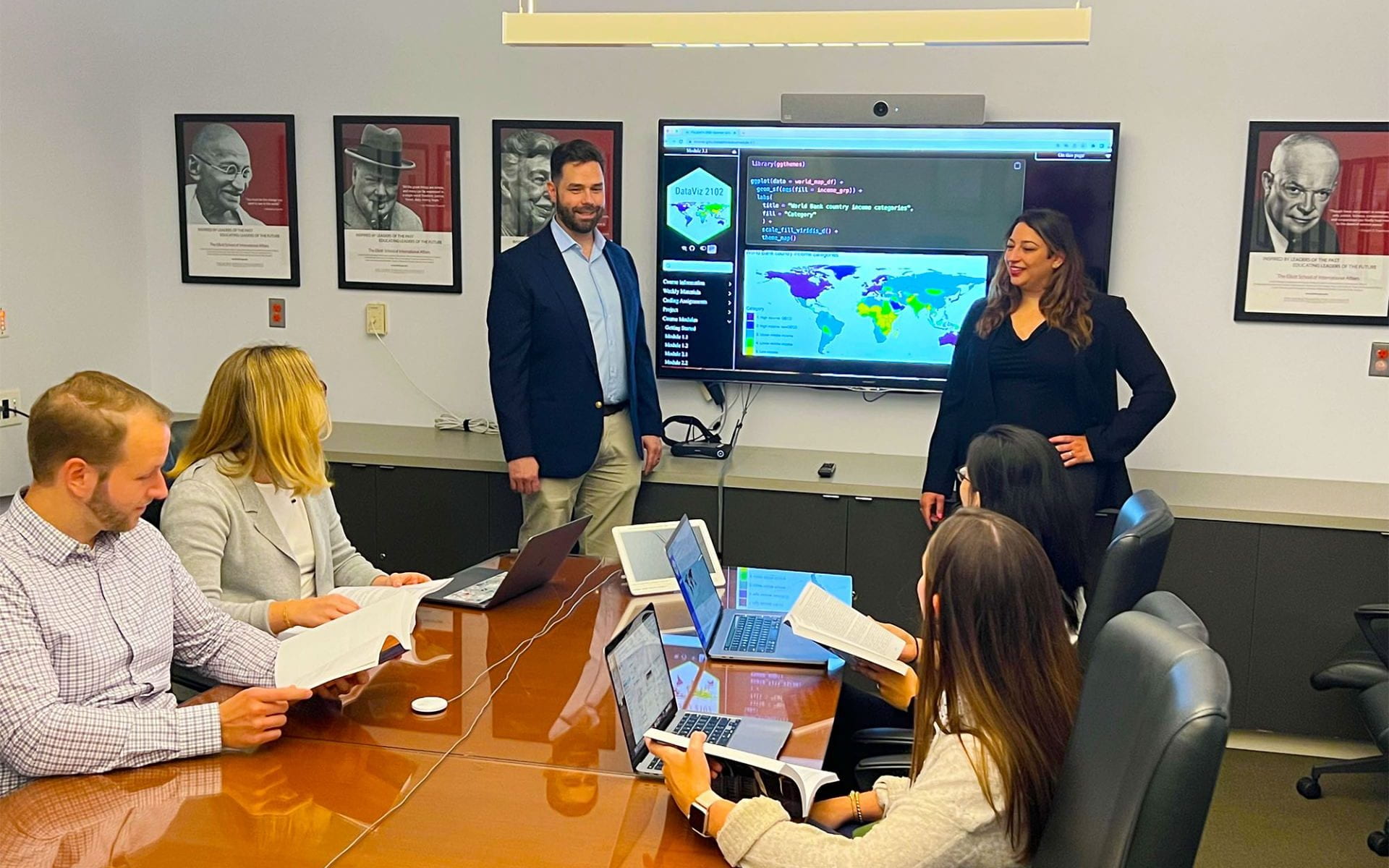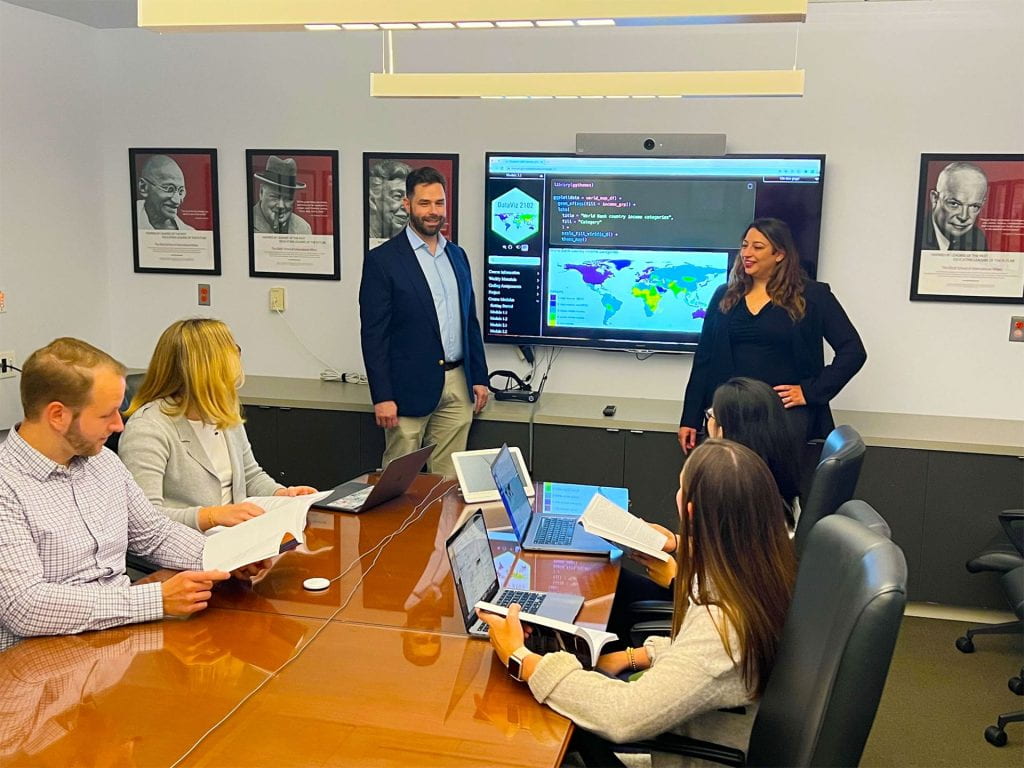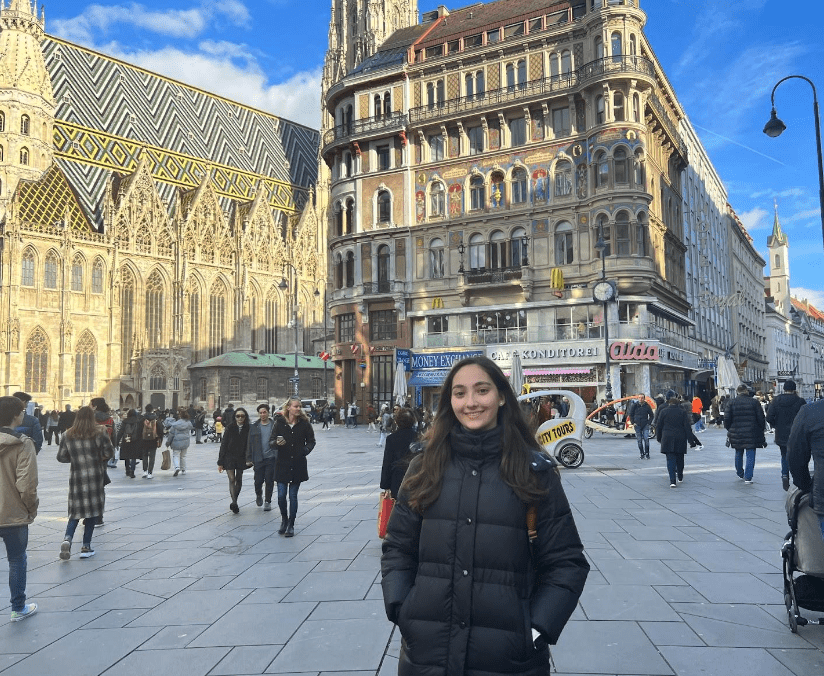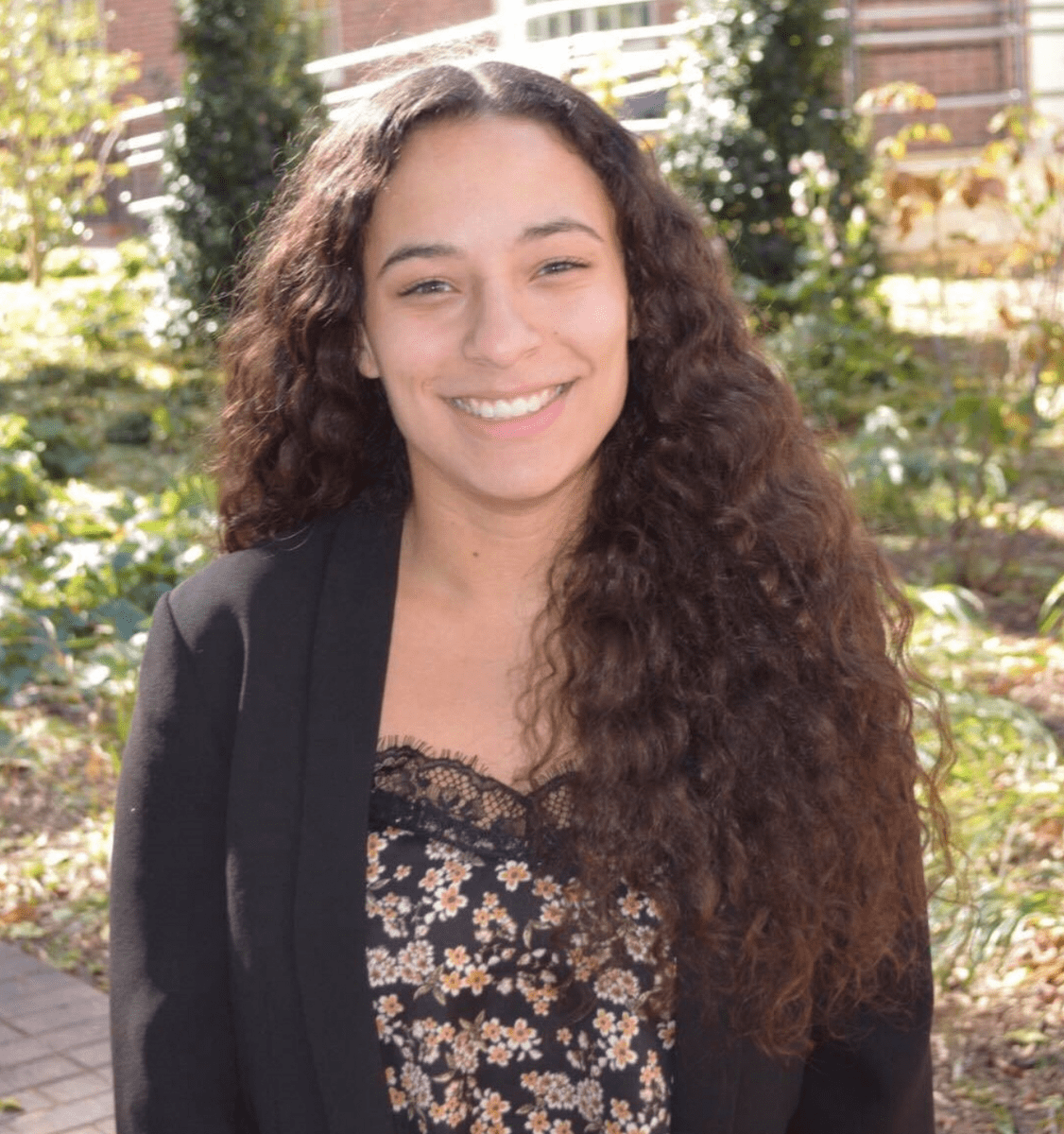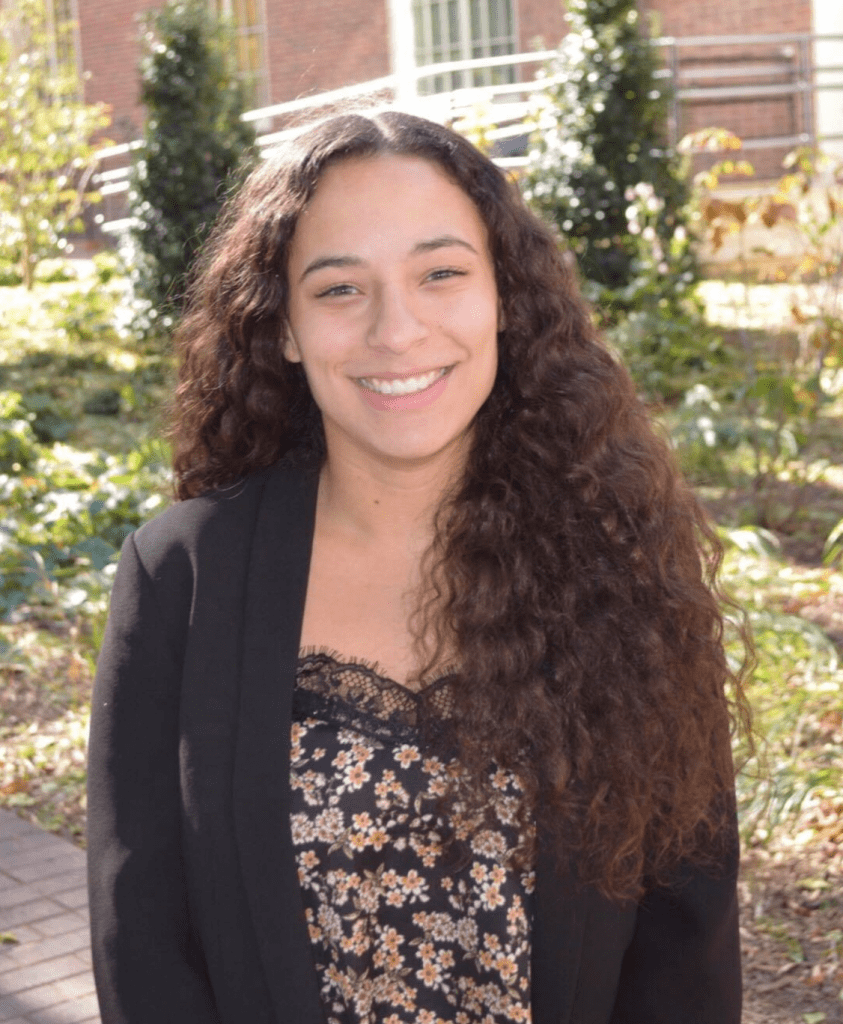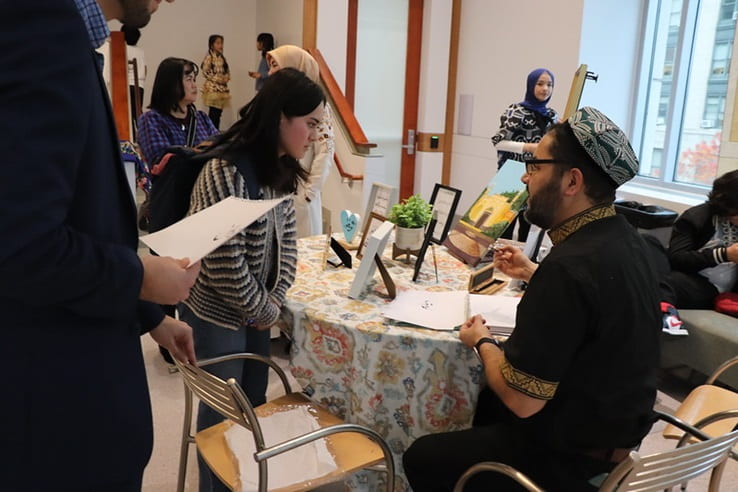
Amidst the ever-changing landscape of today’s job market, the transition from student life to a professional career frequently proves to be a nerve-wracking journey.
Recognizing and supporting the unique needs of alumni and recent graduates in this journey, the Elliott School’s Graduate Student Services (GSS) has introduced Job Stormers, a resilient support network meticulously designed to address the demands of the present job climate and the complexities brought about by the pandemic.
Led by Joshua Lissauer, a Senior Career Coach at GSS, Job Stormers serves as both a career support program and offers a community for alumni facing a range of challenges. It specializes in supporting alumni seeking an opportunity to reinvent their professional lives or change career directions.
Job Stormer alumni have gone on to work at the Federal Reserve, the Department of Defense and other employers. Elliott alum Nicole Wright Patrick shared, “I felt as though I had reached a dead end in my job search when I found Job Stormers. After years of sporadic job searching, I lacked momentum and became discouraged. I joined Job Stormers hoping to connect with others in a similar situation and to find an added layer of accountability. I found all of that and more through this team of supportive individuals. I am now two days into what I can only describe as my dream job, having gone through the application and interview process feeling fully supported and prepared to put my best self forward. I can’t say enough about the experience of being in a cohort and the coaching I received throughout this entire process.”
“I think Josh’s design and delivery had just the right balance of job search and career content, peer support, and motivation,” James Wylde, Former Director of Graduate Student Services, said. “The first year of Job Stormers was a success; we look forward to fine-tuning the program for next year.”
One striking aspect of the Job Stormers program is its focus on recent alumni. Many new graduates often find themselves at a crossroads, and this program has become a valuable resource for them.
Associate Director of GSS, Meg Wurm, added, “Job Stormers serves as a great opportunity for alumni who are interested in more than just the one-on-one support we offer to alumni. Josh has worked hard to build a program that creates a collaborative support system for those individuals.”
Beyond just job hunting, Job Stormers provides a safe space for participants to reflect on the stressors and anxieties surrounding their job searches. “It’s a support group for individuals who are lost, stuck, or stressed out about their job search, and we serve the unemployed, those that are laid off, and those that are trying to get everything back on track—supporting alumni is the cornerstone of what we do,” Lissauer said.
This support group meets biweekly for six weeks during each semester, allowing participants to voice their frustrations, share experiences, and work on individual action goals. For information on how to apply, please email esiagss@gwu.edu.




